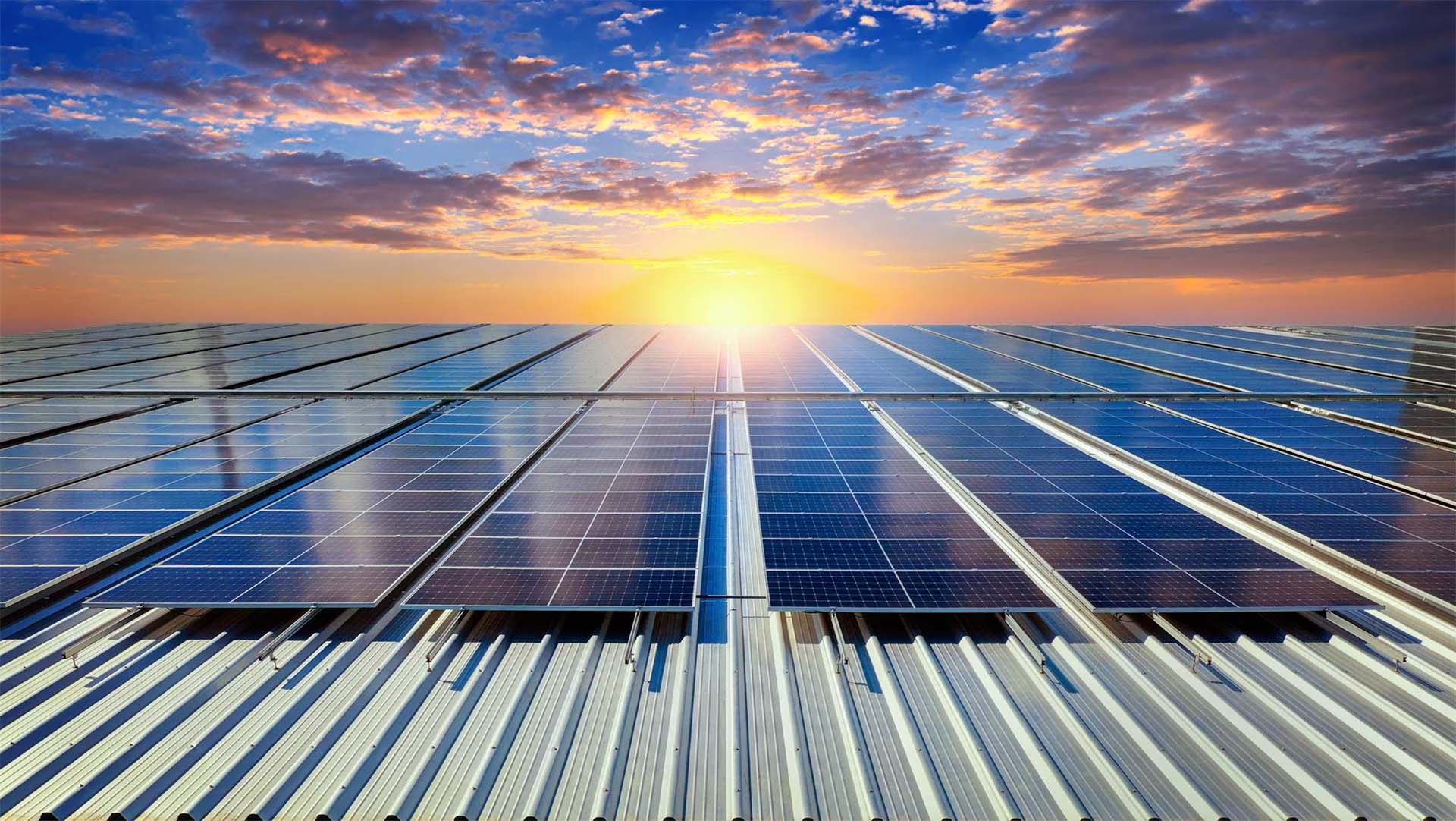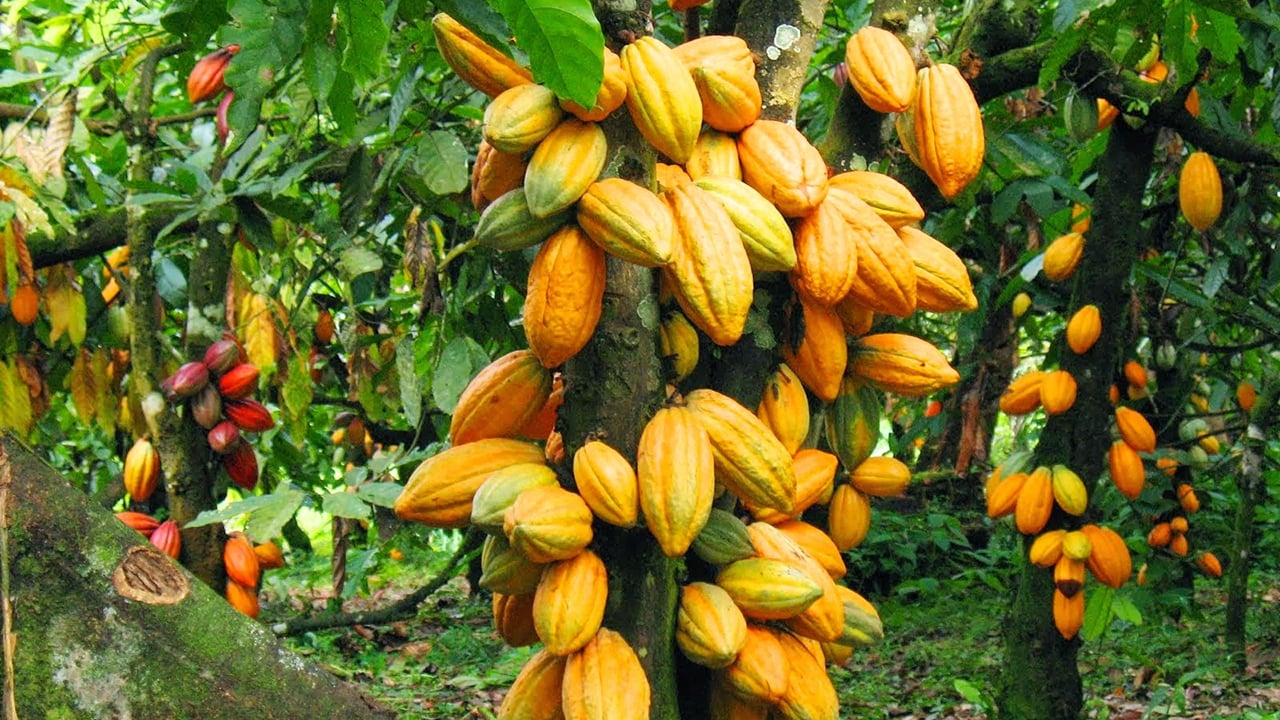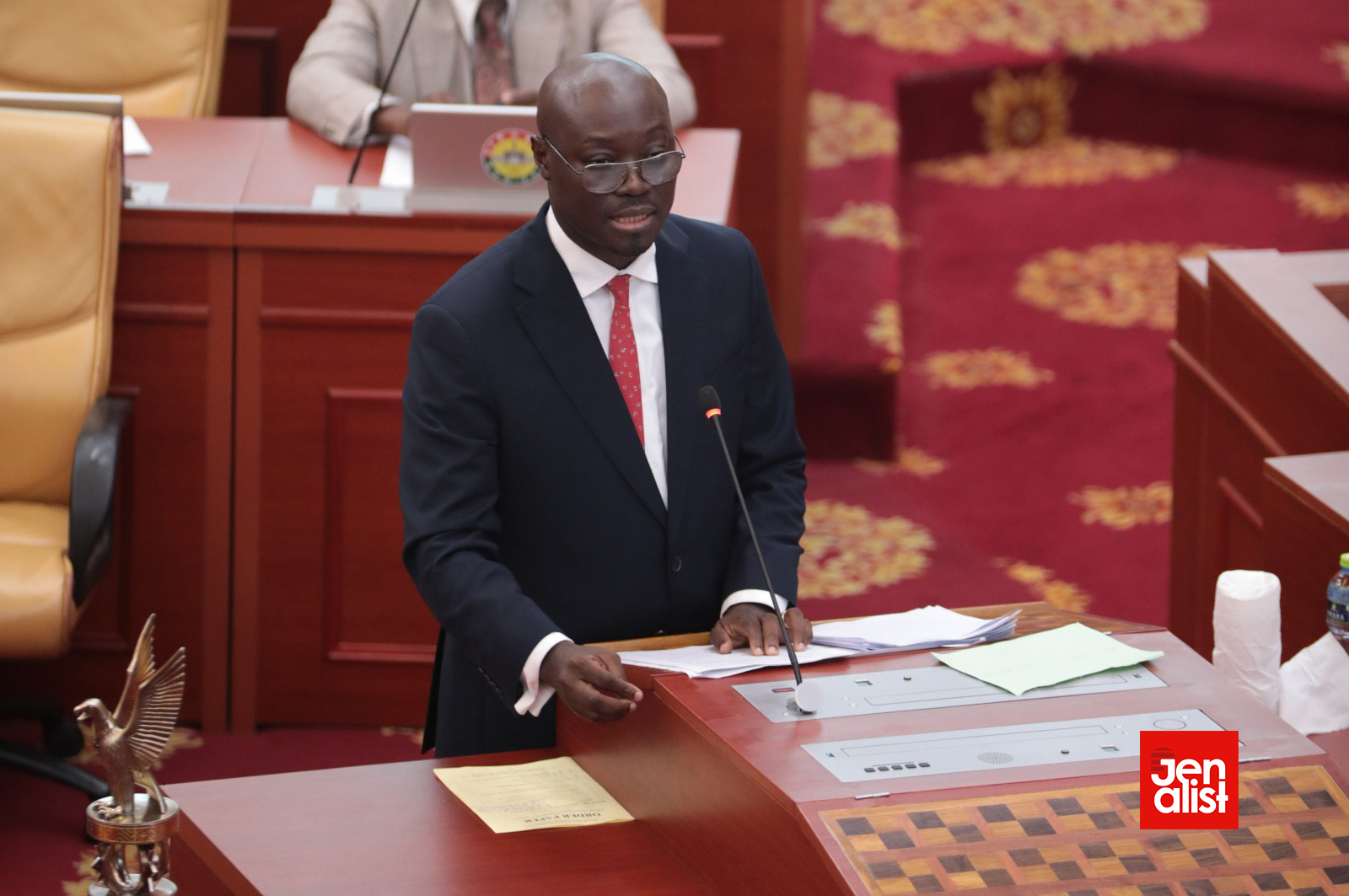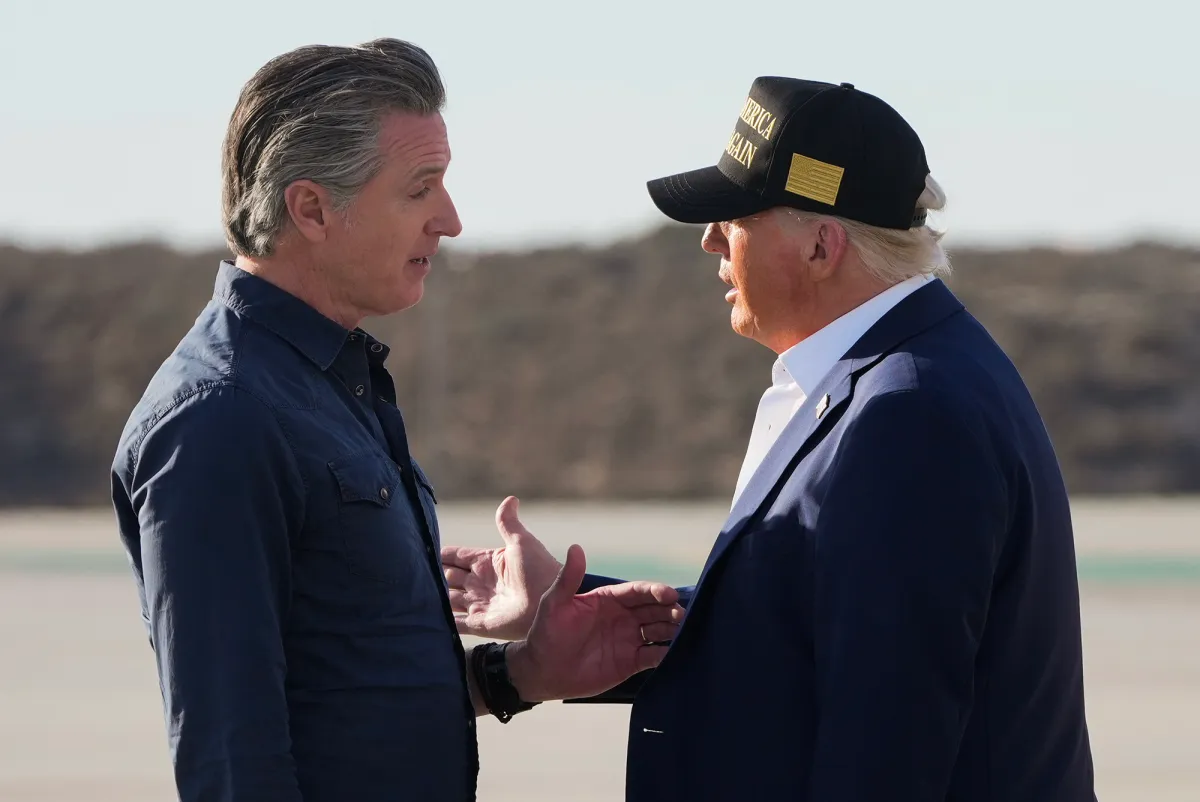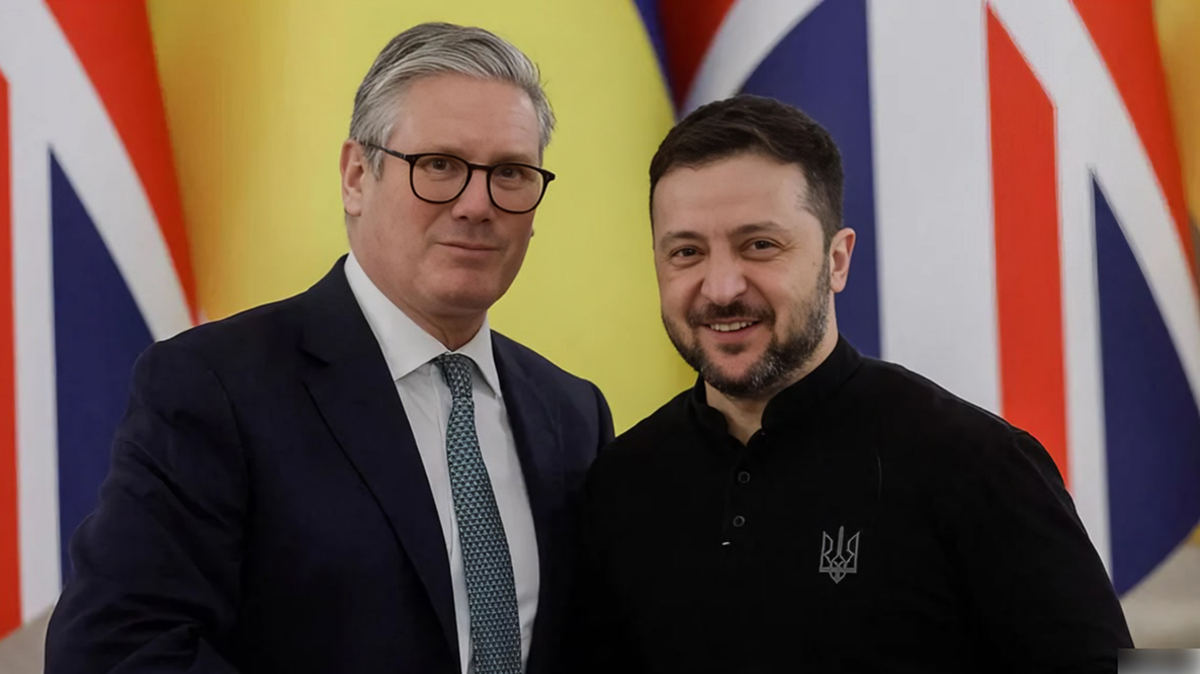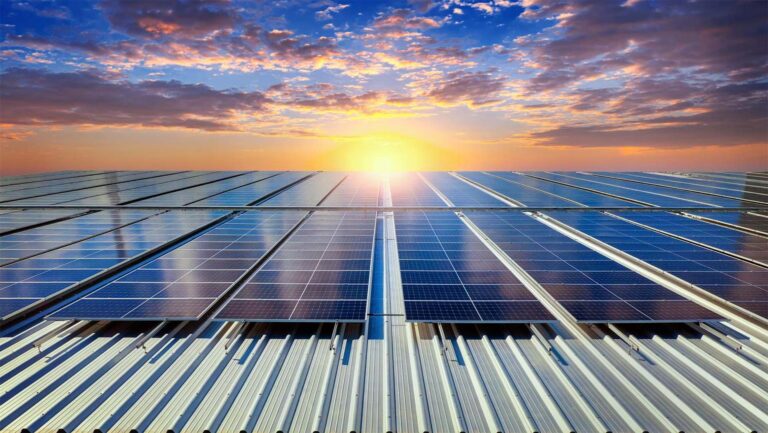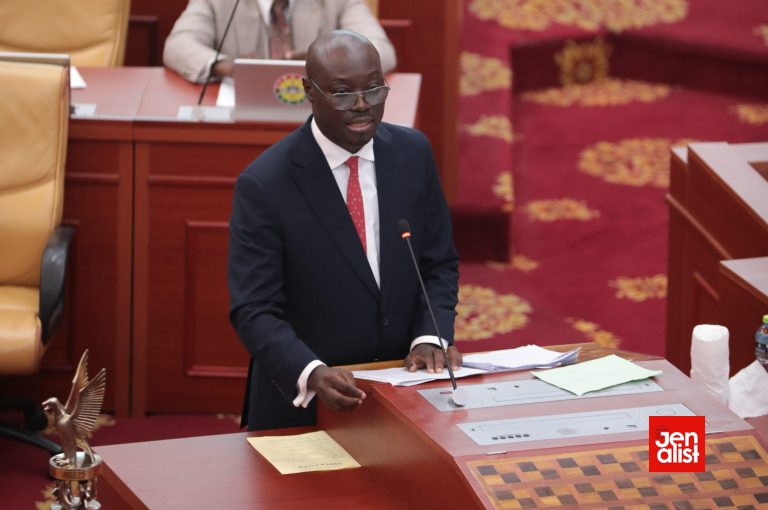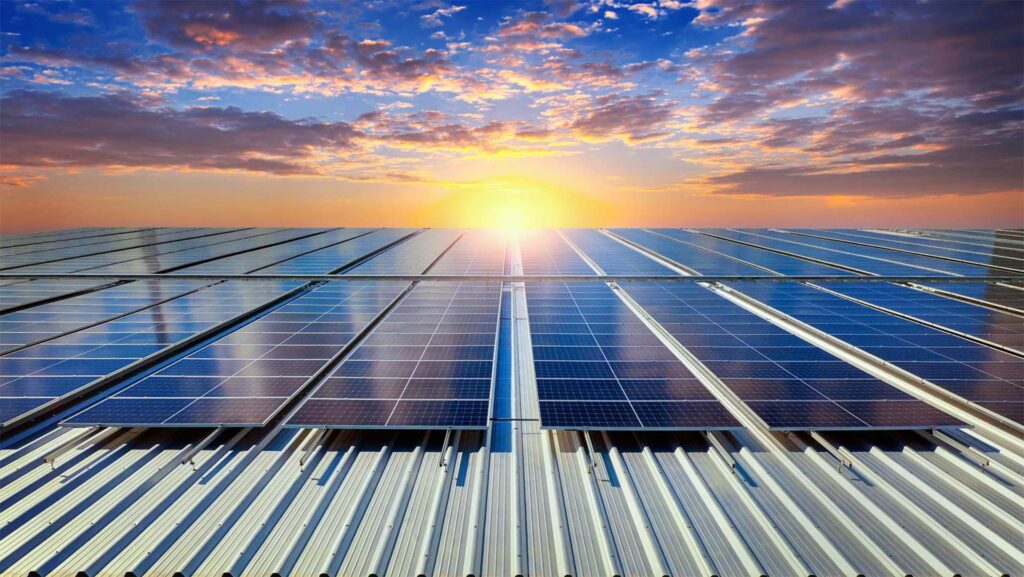COP29, the 29th annual UN climate conference, will take place in Baku, Azerbaijan, from November 11-22, 2024. As with every COP, the conference presents an essential opportunity for nations to collaborate on tackling climate change. This year, however, COP29 will have a particular focus: securing finance for developing countries to support their climate action efforts.
But COP29’s significance goes beyond its financial agenda. The conference is already stirring controversy because Azerbaijan’s economy is heavily dependent on fossil fuels—the very drivers of climate change. As the host nation, Azerbaijan will preside over discussions, raising concerns that its vested interest in fossil fuel industries could hinder progress toward a global transition away from carbon emissions.
Why COP29 Matters
The urgency for meaningful outcomes at COP29 is clear. Climate action has consistently fallen short of promises made by nations, and the latest scientific reports indicate that global efforts are insufficient to avert catastrophic climate impacts. Furthermore, climate change effects are escalating rapidly, while public backlash against policies to reduce fossil fuel use is intensifying around the world.
What is a COP?
The “Conference of the Parties” (COP) is an annual summit where governments that have signed the UN Framework Convention on Climate Change (UNFCCC) come together to negotiate and agree on actions to address climate change. These summits also include participants from civil society, businesses, international organizations, and the media, ensuring transparency and broader perspectives on the proceedings.
The agreements reached at COPs, such as the legally binding Paris Agreement (2015), are crucial for global climate governance. COP29 will build on the progress made at previous COPs, with countries reviewing and strengthening their climate commitments, known as Nationally Determined Contributions (NDCs).
The ‘Roadmap to Mission 1.5°C’
COP28, held in Dubai in 2023, marked the first of three consecutive COPs focused on resetting global climate action under the UN’s “Mission 1.5°C” goal—keeping global temperature rise well below 1.5°C compared to pre-industrial levels. COP29 will be the second leg of this journey, with the final phase occurring at COP30 in Brazil in 2025.
The “Troika” of COP hosts—UAE (COP28), Azerbaijan (COP29), and Brazil (COP30)—is tasked with ensuring continuity in these discussions. However, there are concerns that the nature of these host nations, particularly their heavy reliance on fossil fuels, may slow down or even derail efforts to phase out carbon-based energy.
Key Issues at COP29
1. Climate Finance and the New Collective Quantified Goal (NCQG)
At COP29, one of the most pressing issues will be securing adequate financial support for developing countries. These nations need substantial funding to implement ambitious climate action plans. The previous goal of mobilizing $100 billion per year from developed to developing nations, while important, was widely seen as insufficient and contentious, especially since it was not fully met until 2022.
The NCQG, a new framework to be agreed at COP29, will aim to address the massive financing gap, which could require trillions of dollars, not just billions. This will involve mobilizing private finance and reforming the global financial system. The discussions will also cover the allocation of funds—should they go toward mitigation (reducing emissions), adaptation (coping with climate impacts), or addressing loss and damage (recovering from climate disasters)?
Another hot topic is the debate over whether high-income developing countries like China and India should contribute to the fund, a proposition that has met significant pushback.
2. Enhanced Transparency Under the Paris Agreement
A major milestone for COP29 will be the submission of the first Biennial Enhanced Transparency Reports (BTRs) from parties to the Paris Agreement. These reports will provide a snapshot of each country’s progress in cutting emissions, implementing climate policies, and meeting financial commitments.
However, Azerbaijan’s role as the host nation is contentious. The country has been criticized for its track record on corruption and restrictions on civil society, including environmental activists. Despite this, Azerbaijan has launched the Baku Global Climate Transparency Platform to encourage greater participation and support countries in finalizing their BTRs.
3. Carbon Markets and Article 6
One of the most debated mechanisms for financing climate action is carbon markets—where countries can trade emissions reductions to meet their climate goals. After years of discussions, COP29 may be the moment where global carbon markets are formally established.
However, carbon markets are not without their challenges. The lack of standardization and enforcement, as well as concerns about “greenwashing” and the equivalence of different types of carbon credits, will need to be addressed. If properly designed, carbon markets could play a significant role in channeling funds to developing nations, but negotiations will be complex.
4. Loss and Damage: Operationalizing the Fund
COP28 made a landmark move by operationalizing the loss and damage fund, which provides financial support to countries suffering from the most severe impacts of climate change. However, the fund remains underfunded, with only $661 million pledged so far, despite estimates that losses from disasters like hurricanes in the US alone have caused over $50 billion in damage.
At COP29, the goal will be to secure more funding for the loss and damage fund and ensure that it is adequately financed to meet the scale of need.
5. Adaptation and Resilience
As the impacts of climate change intensify, adaptation to these changes has become an increasingly urgent topic. While mitigation (reducing emissions) has traditionally dominated the conversation, the needs of vulnerable countries, particularly those most affected by climate impacts, are coming into sharper focus.
Discussions will continue around the global goal for adaptation (GGA), which has been slow to develop. However, there is a pressing need for concrete targets and financing mechanisms to ensure that adaptation efforts are adequately funded and implemented.
The Path Forward: Phasing Out Fossil Fuels
COP28 marked a historic step forward by acknowledging the need to transition away from fossil fuels. However, the language of the agreement was still insufficient to meet the full scale of the climate crisis. COP29 must avoid backsliding on these commitments and focus on how to phase out fossil fuels in a fair and just manner.
For countries like Azerbaijan, which are deeply tied to fossil fuel industries, this will be a particularly challenging issue. The pressure to continue fossil fuel extraction and consumption could lead to stalling tactics. It will be crucial for the international community to stay focused on the long-term goals of the Paris Agreement and not be distracted by short-term initiatives or compromises that undermine climate action.
Conclusion
COP29 in Baku represents both an opportunity and a challenge. It’s a pivotal moment for advancing climate finance, strengthening transparency, and ensuring a fair and just transition to a low-carbon future. But it will also test the commitment of nations to confront the root causes of climate change—fossil fuel use—and make real progress toward a sustainable, equitable global climate solution.
As the world watches, the actions (or inactions) at COP29 will shape the future of climate diplomacy—and ultimately, the health of the planet.




